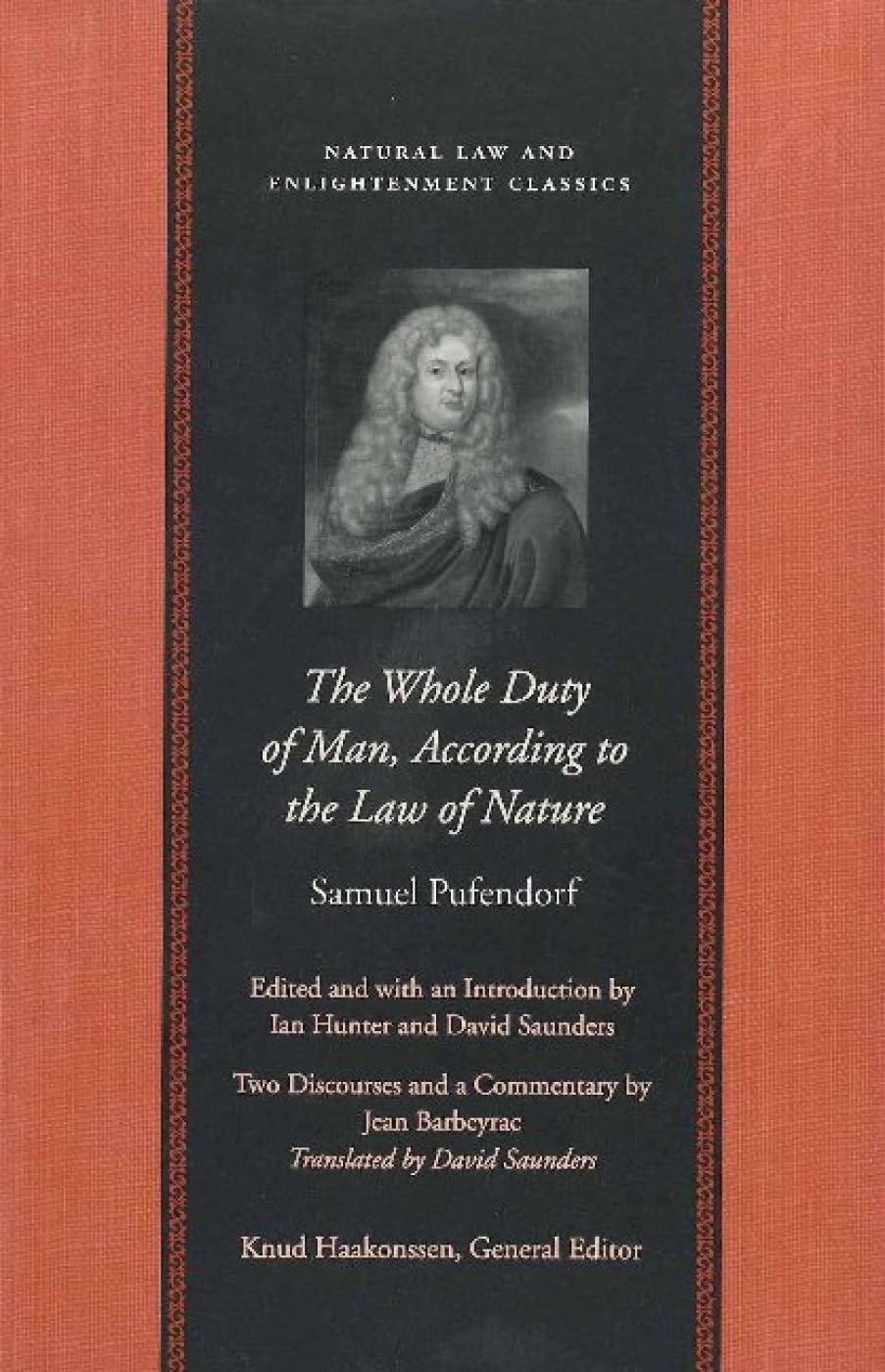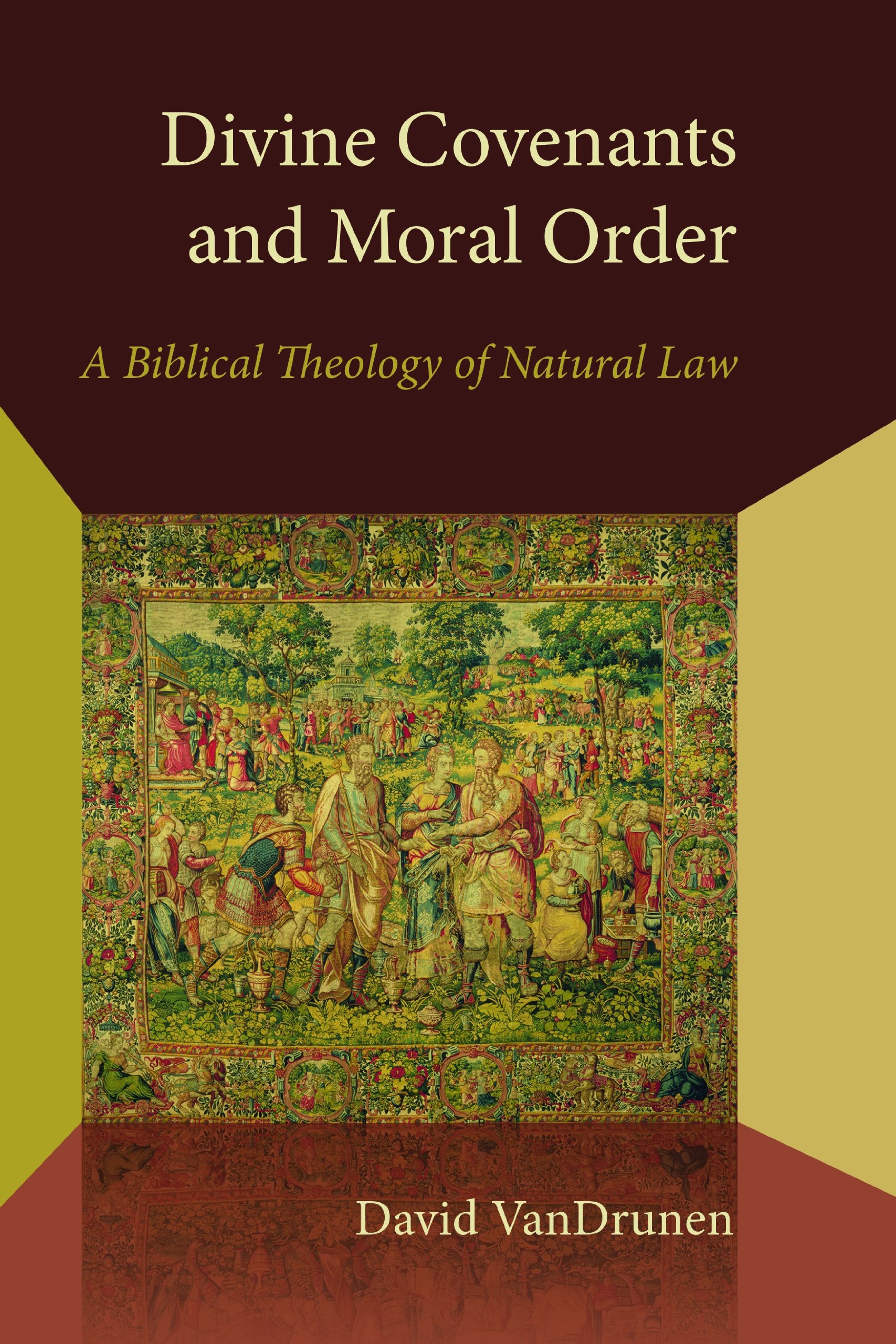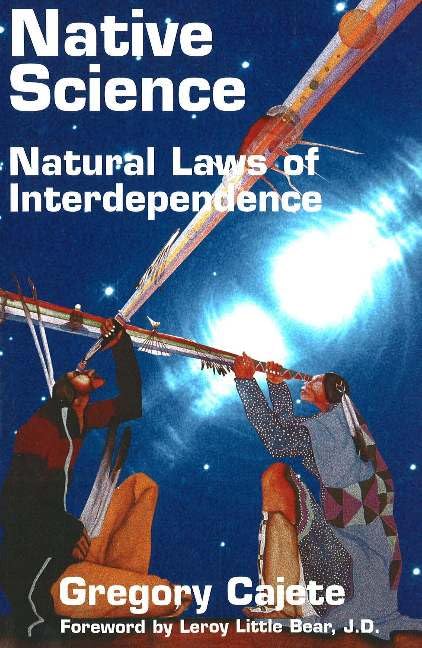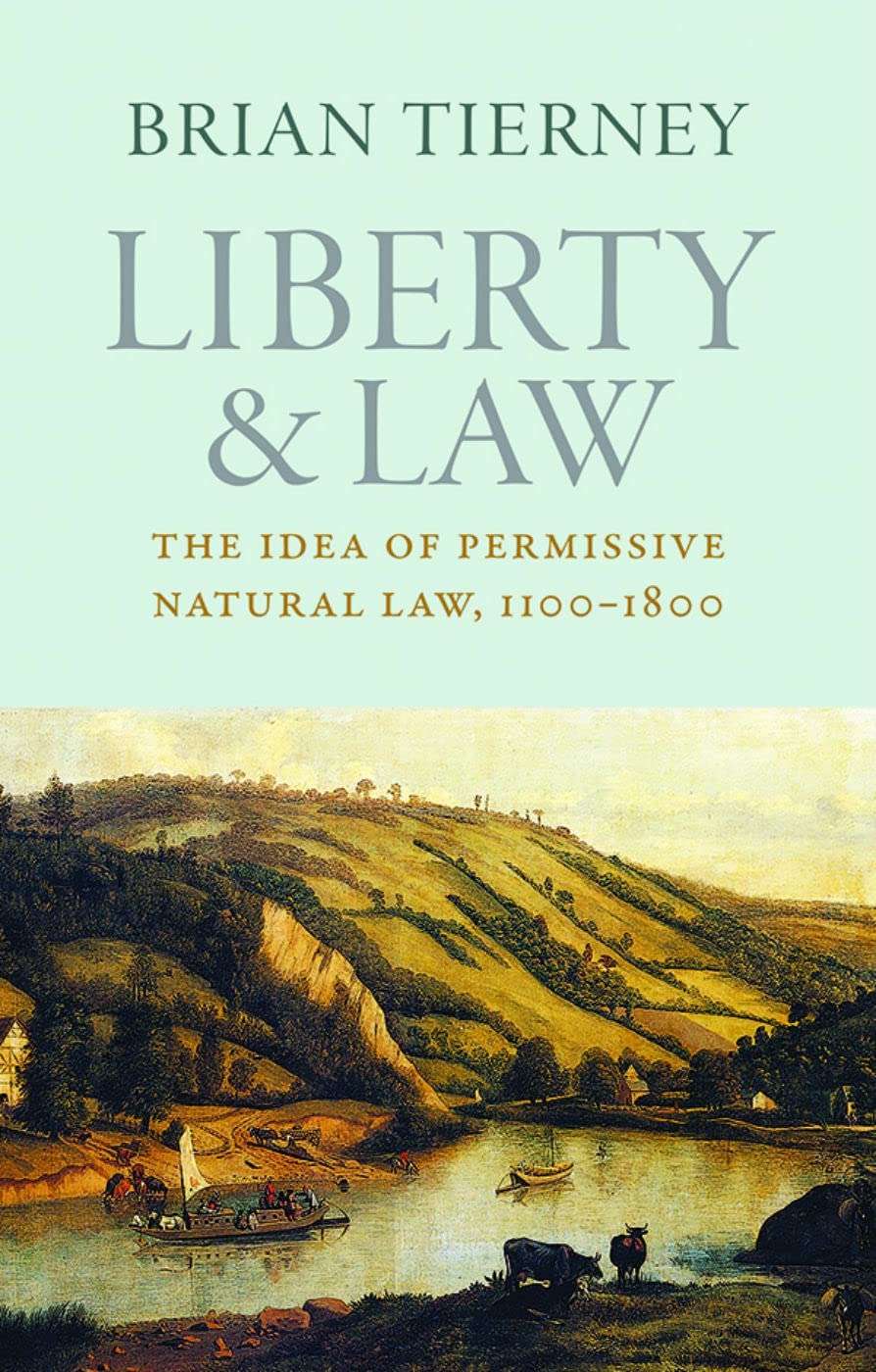Annotated Content This edition has been annotated with the following unique content. Historical Context Detailed 17th Century Analysis John Locke’s Two Treatises of Government published in 1689, outlines his political theory and provides the foundation for contemporary liberal ideas in this significant essay. The first book argues the limits of government authority and that it does not come from a monarch’s inherent power but rather from the agreement of the governed. The second treatise explores the idea of the social compact and argues that people have natural rights to life, liberty, and property, and that governments are set up to uphold these rights. Sneak Peek “The laws which have been hitherto mentioned, i.e. the laws of nature, do bind men absolutely, even as they are men, although they have never any settled fellowship, never any solemn agreement amongst themselves what to do, or not to do: but forasmuch as we are not by ourselves sufficient to furnish ourselves with competent store of things, needful for such a life as our nature doth desire, a life fit for the dignity of man; therefore to supply those defects and imperfections which are in us, as living single and solely by ourselves, we are naturally induced to seek communion and fellowship with others: this was the cause of men’s uniting themselves at first in politic societies.” Synopsis John Locke’s landmark work Two Treatises of Government had a significant impact on the origins of democracy. Locke included two treatises in this work. The first denies that monarchs have a divine right to rule, arguing that political power comes from the agreement of the people rather than from a monarch’s inherent power. The second book examines the idea of the social compact and makes the case that everyone has inherent rights and that governments were created to uphold these rights. His theories continue to influence democratic ideology and the fundamentals of contemporary political systems. A stunning reprint At Tale Teller House we take every step possible to ensure the original integrity of this book has been upheld to its highest standard. This means that the texts in this story are unedited and unchanged from the original author’s publication, preserving its earliest form for your indulgence. This political philosophy book is a work of intellectual genius that masterfully refutes the idea of divine right and supports the ground-breaking thesis that political authority should come from the agreement of the governed. In addition to laying the foundation for contemporary democracy, this book fervently upholds people’s inherent rights to life, liberty, and property. This is a must-read for everyone looking to gain a better knowledge of the principles of good governance because of Locke’s timeless insights concerning the limits of governmental authority and the freedom to reject tyranny. This title will make an excellent gift to the classic political literature collector in your life or a fantastic addition to your current collection. We are ready to ship this book off to you today at lightning speed, so you will find yourself indulging in this title without delay. Title Details Original 1689 Text Historical Political Text 5 x 8 Inches Matte Cover White Paper
Two Treatises of Government: Pioneering the Concept of Natural Rights in Democracy (Annotated)
$8.50
This book provides a foundational understanding of political philosophy, democracy, and natural rights.
Additional information
| Weight | 0.227 lbs |
|---|---|
| Dimensions | 12.7 × 0.9 × 20.3 in |







Reviews
There are no reviews yet.